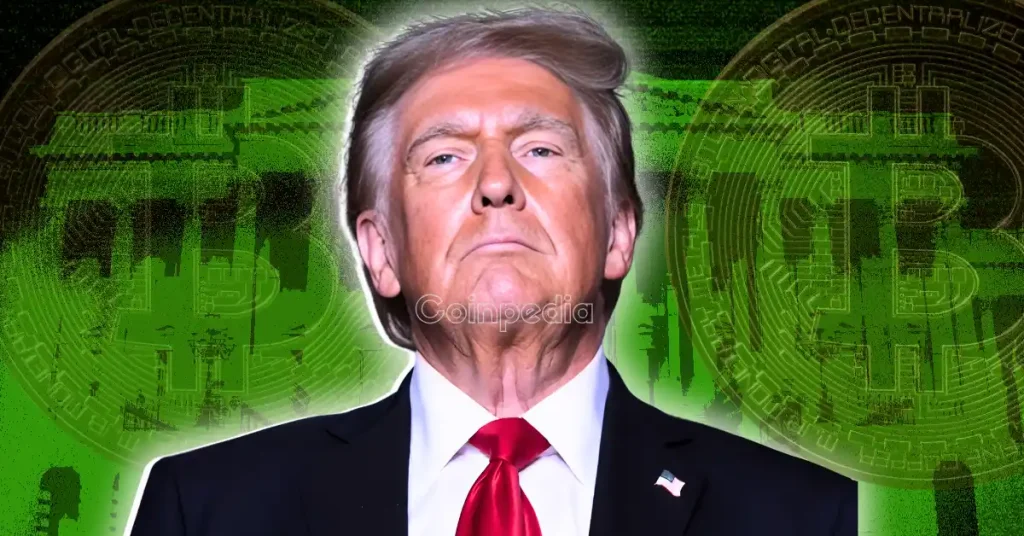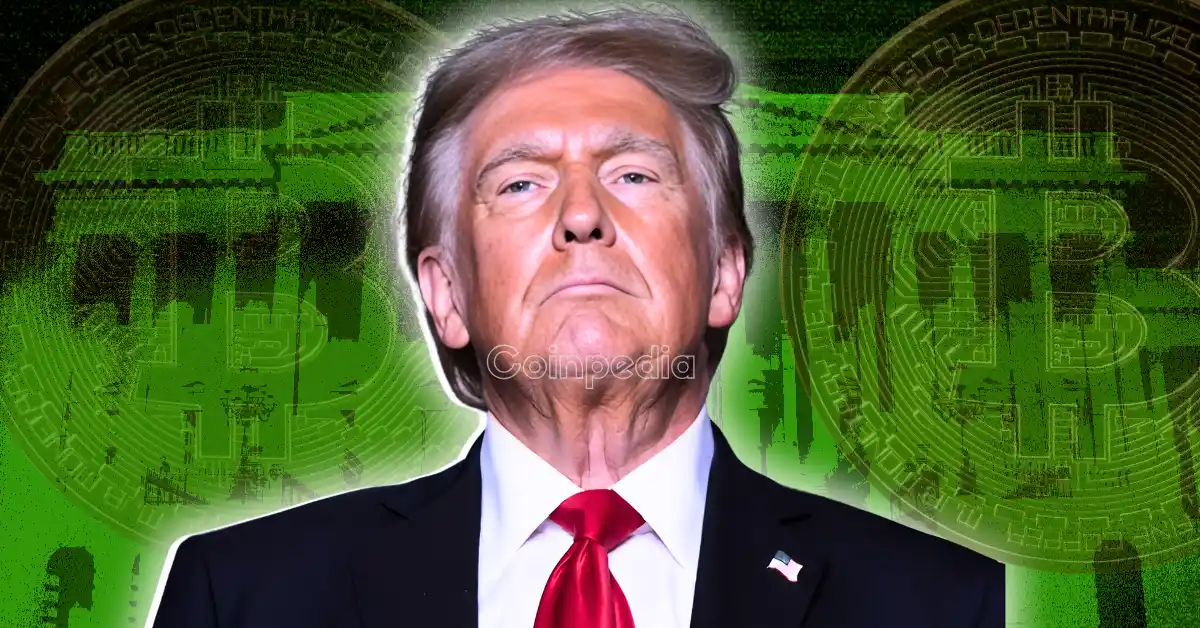
Decoding the U.S. Government’s Bitcoin Trove: A Deep Dive
The Enigma of Government Bitcoin Holdings
The U.S. government’s Bitcoin holdings remain one of the most intriguing mysteries in the cryptocurrency world. While the exact amount is shrouded in secrecy, the implications of these holdings are vast. The government’s Bitcoin portfolio, primarily acquired through seizures from illegal activities, represents a significant digital asset trove. This secrecy fuels speculation and debate, highlighting the government’s strategic interest in Bitcoin.
The strategic importance of Bitcoin is increasingly recognized by global powers. The White House has considered using seized Bitcoin holdings to establish a U.S. Strategic Bitcoin Reserve. This initiative underscores the growing acknowledgment of Bitcoin’s value as a strategic asset, often referred to as “digital gold” due to its limited supply and robust security features.
The Trump Administration’s Strategic Vision
The Trump administration took a pivotal step in recognizing Bitcoin’s strategic importance by establishing a Strategic Bitcoin Reserve and Digital Asset Stockpile. This move marked a shift in the government’s approach to digital assets, transitioning from viewing them solely as tools for illicit activities to recognizing their potential as strategic resources.
The establishment of the Strategic Bitcoin Reserve was driven by an understanding of Bitcoin’s unique characteristics. With a fixed supply of 21 million coins, Bitcoin’s scarcity makes it a valuable asset in the digital age. The Trump administration’s executive order mandated a full accounting of the federal government’s holdings, a crucial step toward transparency and responsible management of these assets.
Unraveling the Numbers: Estimates and Speculations
While official figures remain classified, various sources offer estimates of the U.S. government’s Bitcoin holdings. These estimates are often based on publicly available information, such as reports of Bitcoin seizures in criminal cases.
One commonly cited estimate suggests that the U.S. government holds around 200,000 BTC, worth billions of dollars at current market prices. This figure aligns with reports indicating that the U.S. is the largest known state holder of Bitcoin in the world.
However, it’s essential to acknowledge the limitations of these estimates. The government’s Bitcoin holdings are likely dynamic, changing due to ongoing seizures, forfeitures, and potential sales. Additionally, the lack of transparency makes it challenging to verify the accuracy of these figures.
The White House Crypto Report: A Glimpse into the Future?
The White House released its report on digital assets, outlining key regulatory proposals but omitting details about the long-awaited U.S. Bitcoin Strategic Reserve. While the report did not explicitly reveal the size of the government’s Bitcoin holdings, it provided insights into the administration’s thinking on digital asset policy.
The report called on the U.S. Securities and Exchange Commission (SEC) to create new rules specific to digital assets, signaling a move towards greater regulatory clarity in the crypto space. This regulatory clarity could have significant implications for the future of Bitcoin and other cryptocurrencies in the United States.
Market Implications: The Government’s Role in Shaping Bitcoin
The U.S. government’s significant Bitcoin holdings have far-reaching implications for the cryptocurrency market. As one of the largest holders of Bitcoin, the government’s actions can significantly impact prices and market sentiment.
The potential use of seized Bitcoin for a Strategic Bitcoin Reserve could further legitimize Bitcoin as an asset class and encourage broader adoption. Conversely, large-scale sales of Bitcoin by the government could exert downward pressure on prices.
The government’s regulatory approach to digital assets will also play a crucial role in shaping the future of the Bitcoin market. Clear and well-defined regulations can foster innovation and attract institutional investment, while restrictive or unclear regulations can stifle growth.
The Uncertain Future: A Strategy Yet to Be Defined
Despite the attention and speculation, the U.S. Bitcoin Reserve plans remain elusive. The White House’s crypto report, while comprehensive in many aspects, notably lacked details about the long-awaited U.S. Bitcoin Strategic Reserve.
The absence of a clear strategy for managing its Bitcoin holdings raises questions about the government’s long-term vision for digital assets. Will the government prioritize accumulating Bitcoin as a strategic asset? Or will it focus on selling seized Bitcoin to generate revenue?
The answers to these questions will have a profound impact on the Bitcoin market and the future of cryptocurrency in the United States.
The Ongoing Saga of Government Bitcoin
The story of the U.S. government’s Bitcoin holdings is an ongoing saga filled with intrigue, speculation, and significant implications. As the government grapples with the challenges and opportunities presented by digital assets, its decisions will shape the future of Bitcoin and the broader cryptocurrency landscape. While the exact number of Bitcoins held by the U.S. government remains a closely guarded secret, the evidence suggests a substantial and strategically important digital asset portfolio. The coming years will undoubtedly reveal more about the government’s plans for its Bitcoin holdings and their impact on the world of cryptocurrency.





